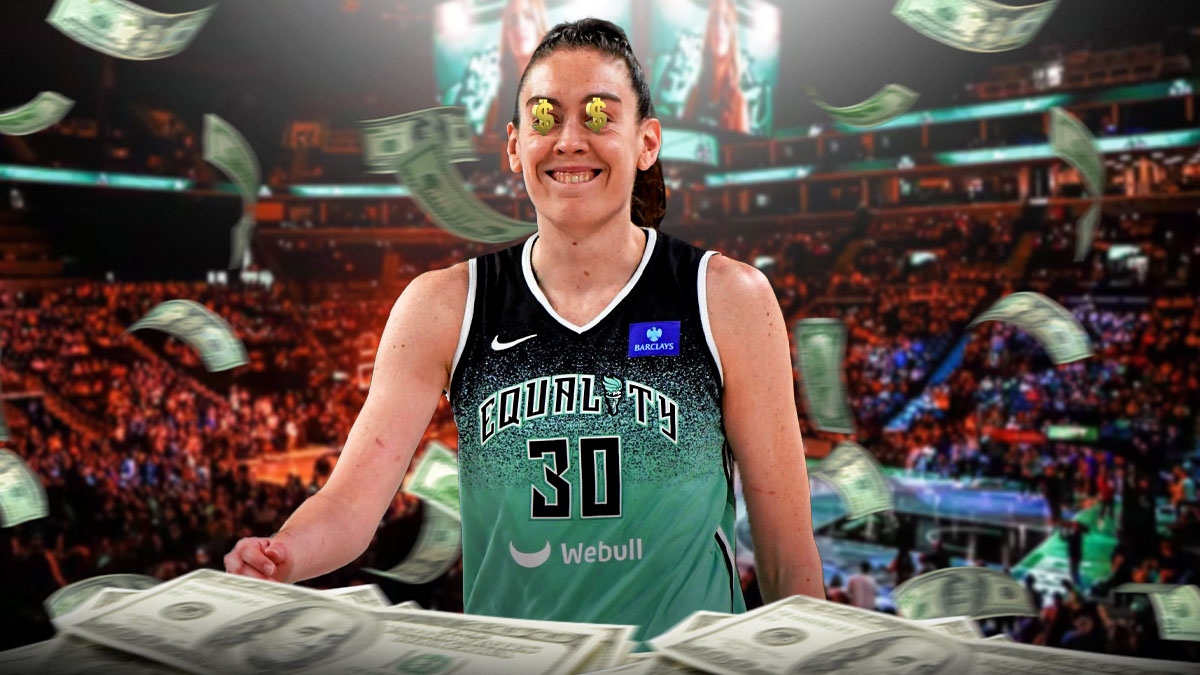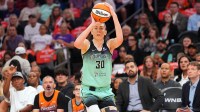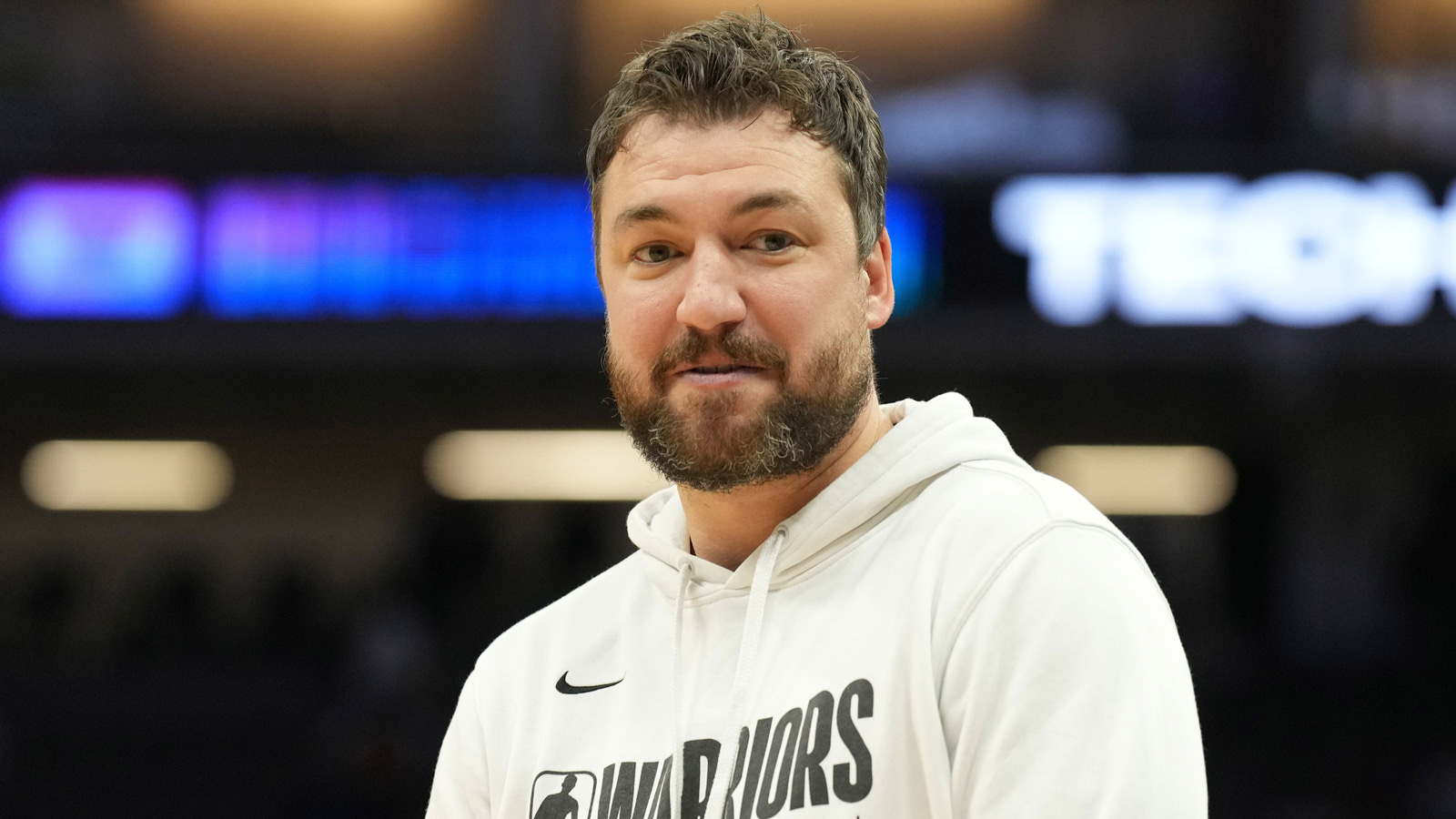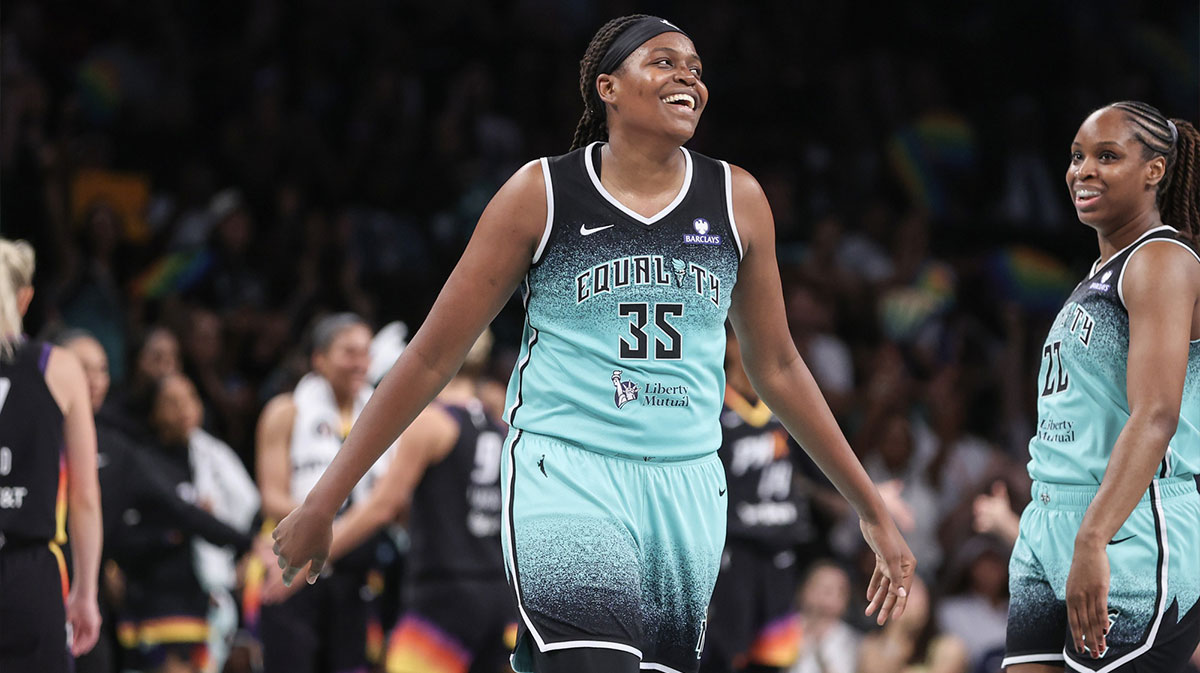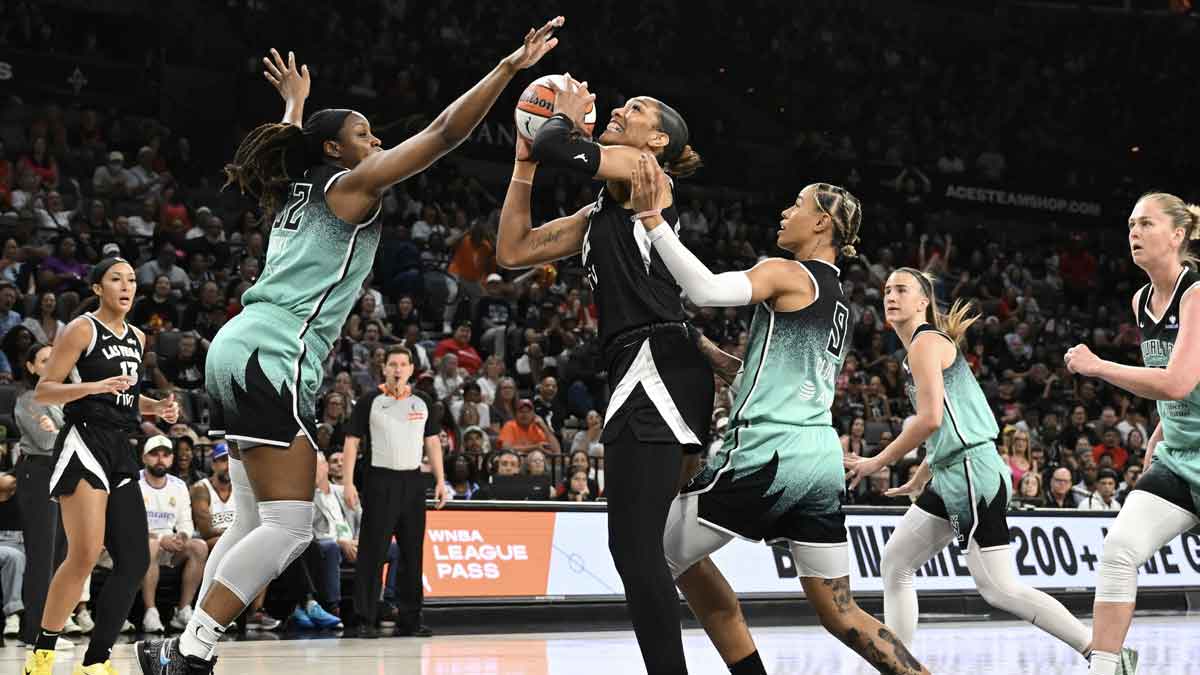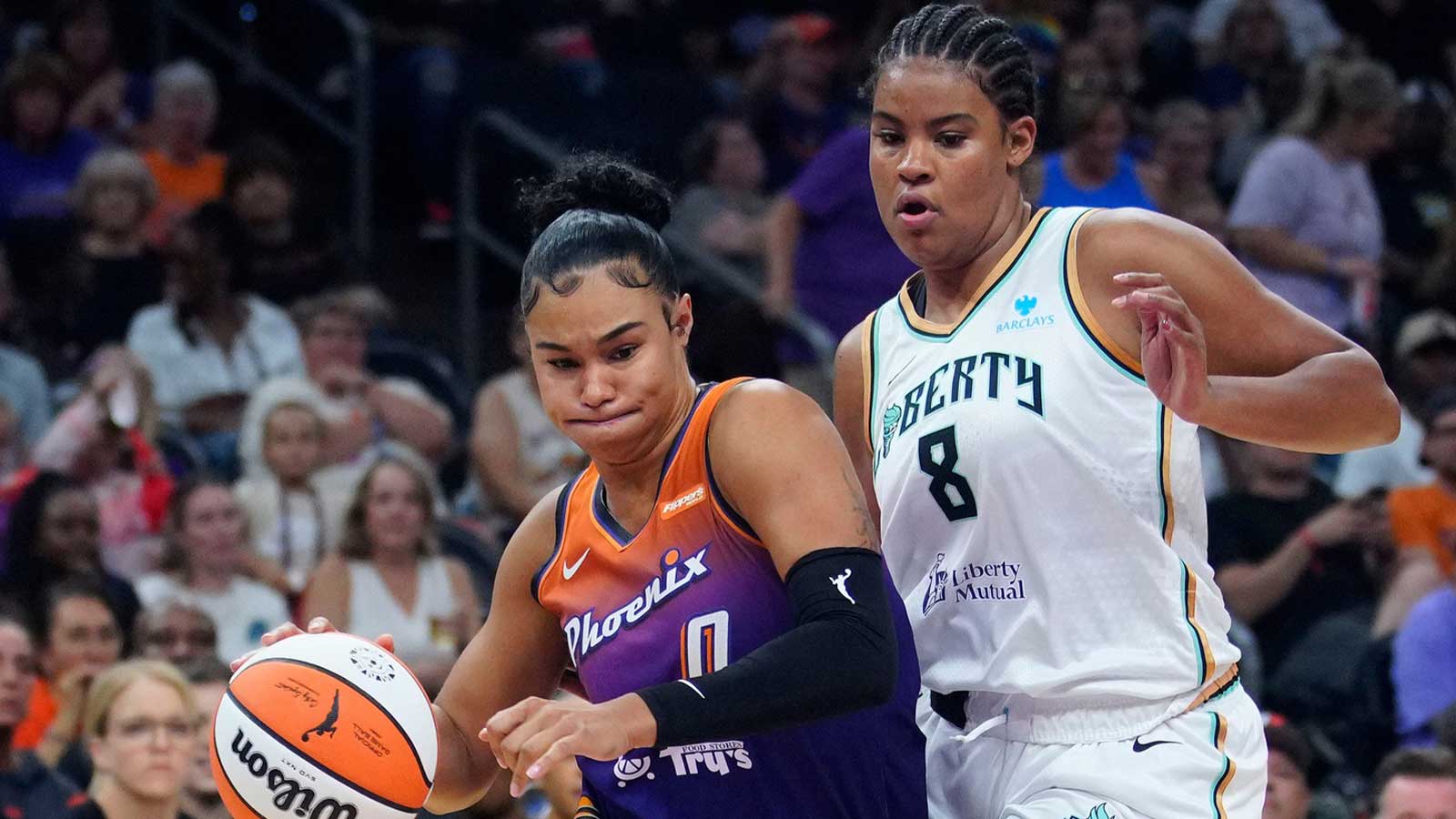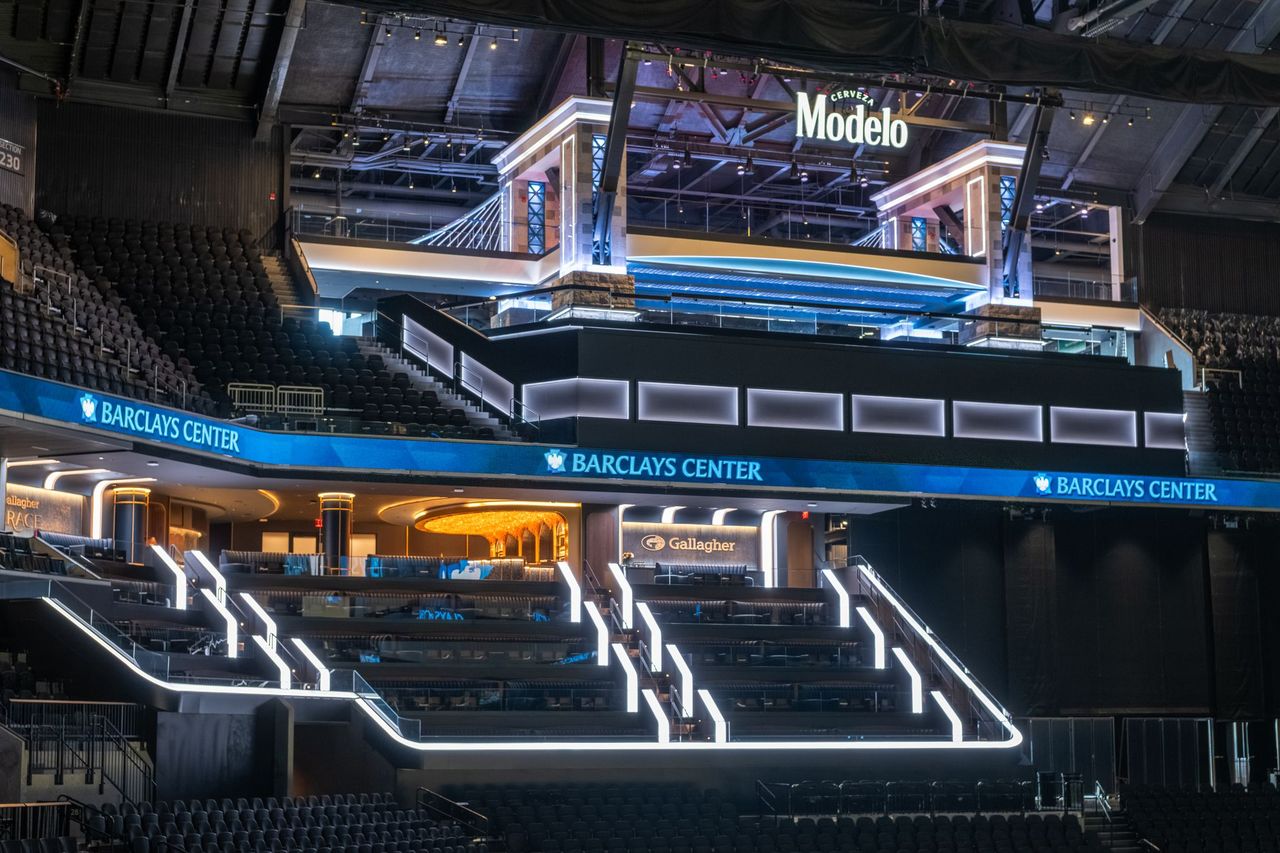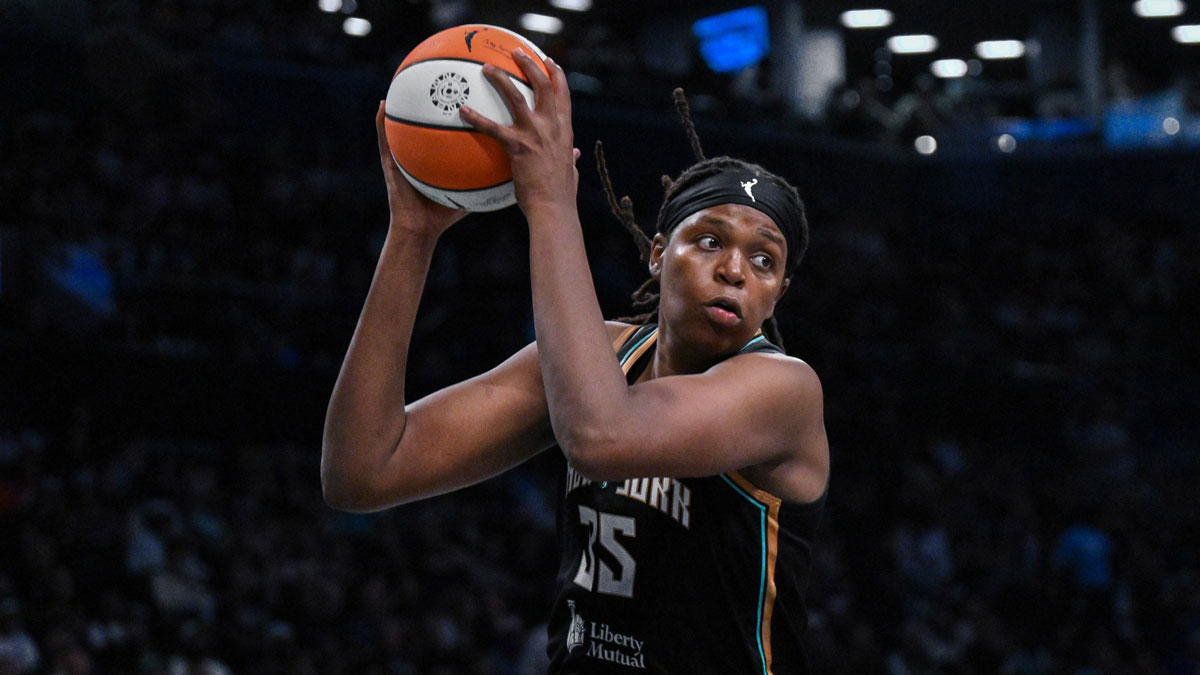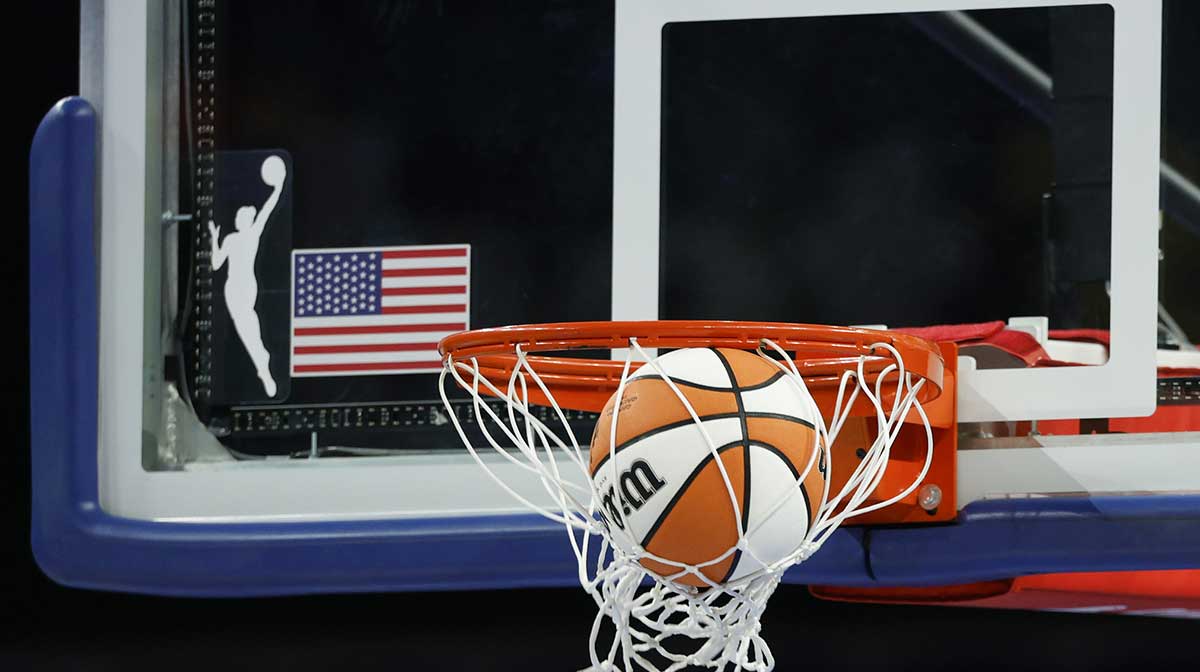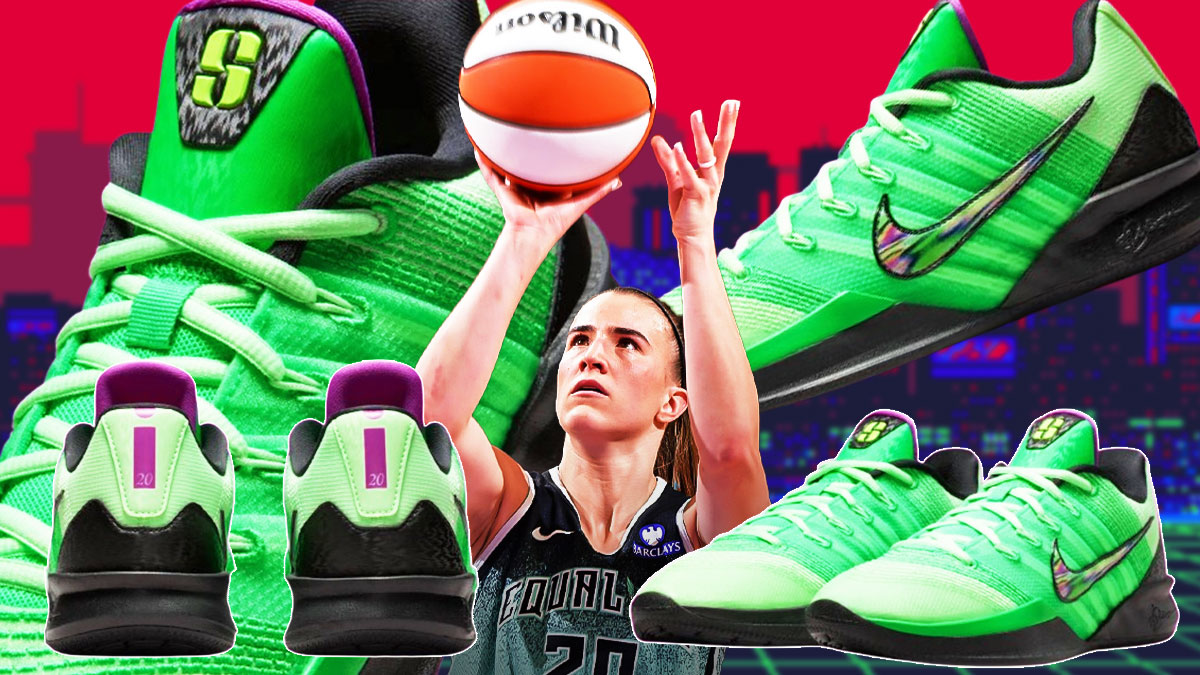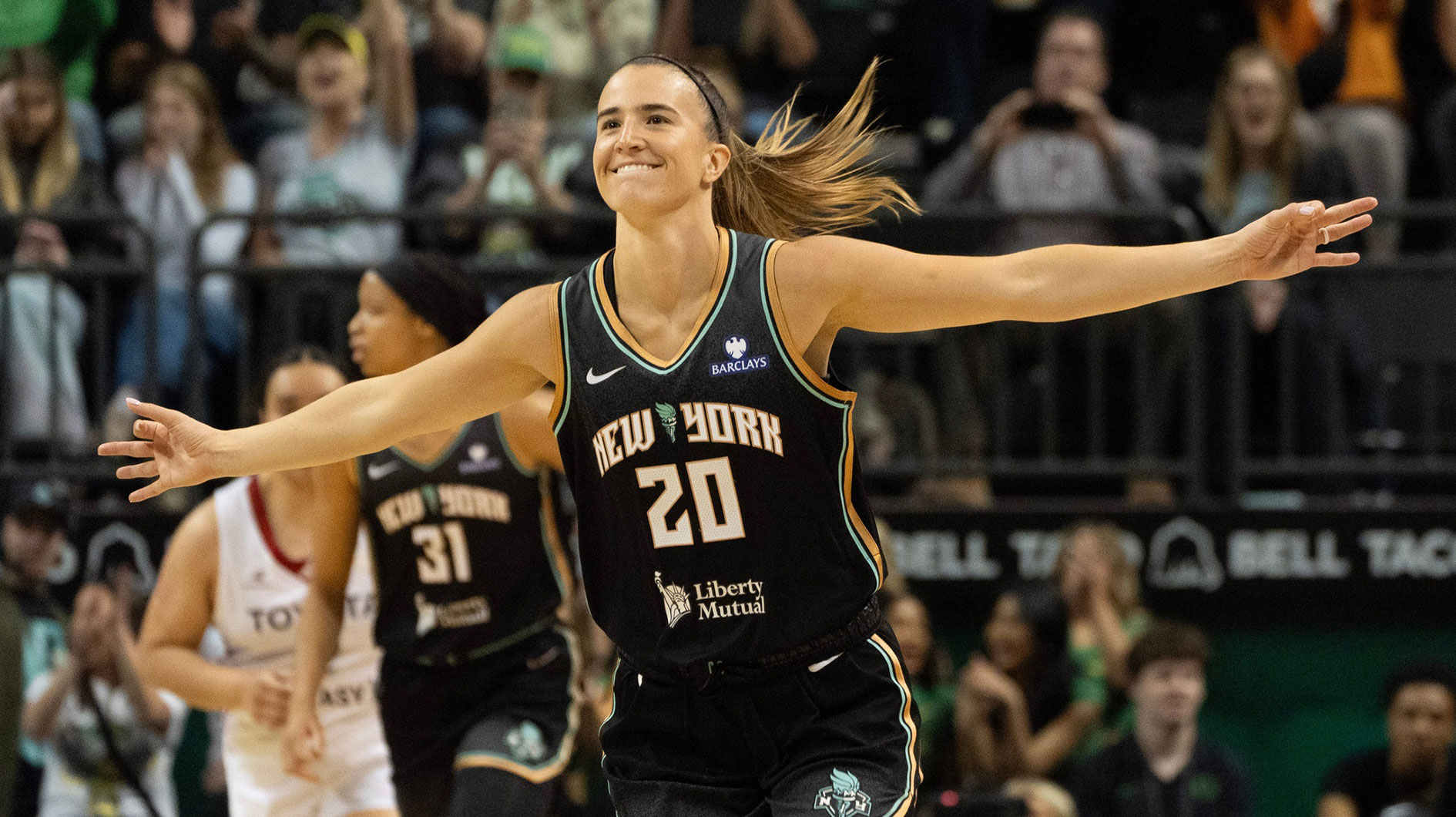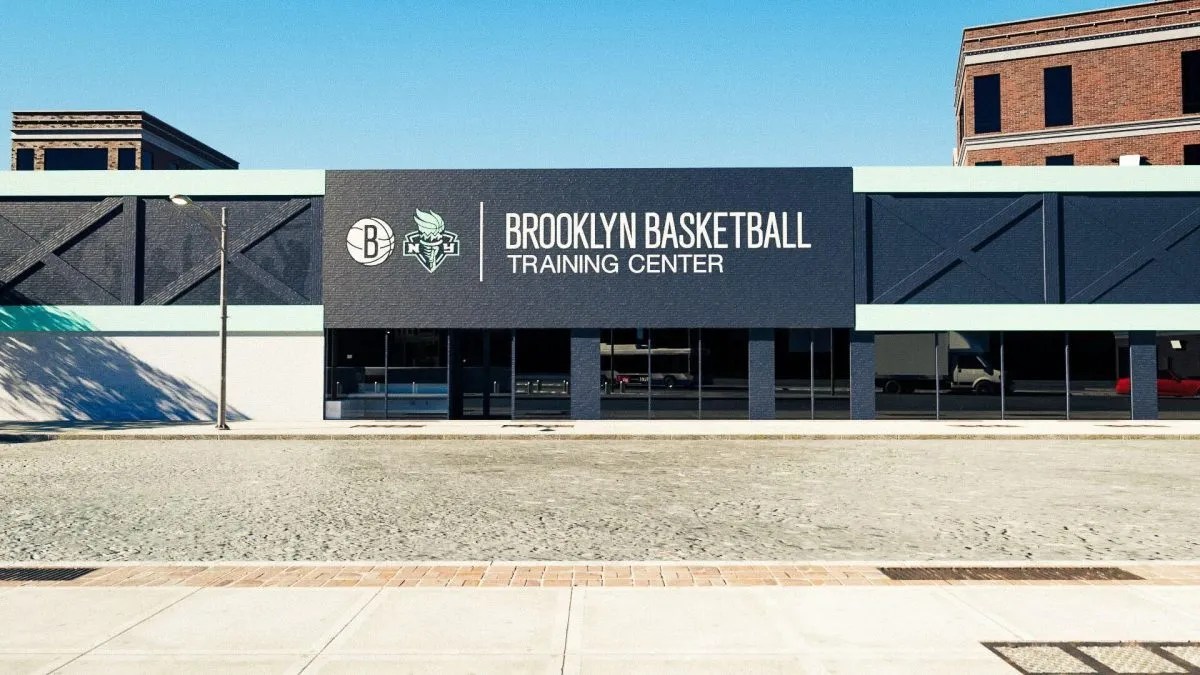Star forward for the New York Liberty Breanna Stewart, vice president of the WNBA players’ union, voiced a bold aspiration for the league: the ability for teams to have a million-dollar player. Currently, the highest salary a WNBA player can earn is approximately $250,000, a cap Stewart believes should rise alongside the league's growing success.
“I think that making sure the salary cap continues to grow and correlates with the TV deal,” Stewart said, as reported by Doug Feinberg of the Associated Press.
“I don’t know how you break that down,” she said, highlighting the challenge of navigating these issues as the union and the league approach a potential renegotiation of the collective bargaining agreement (CBA).
The WNBA has experienced record growth in viewership and attendance, and with the announcement of an 11-year, $200 million per year media rights deal, players are looking to ensure their compensation reflects this progress. Stewart, who has been active in union discussions, said that increased salaries, pensions and better child care benefits are top priorities for the players in the next CBA.
“One thing I really think is interesting is pension and back pay to players that have ‘x’ amount of years of service,” Stewart said, referring to the eight years a player must play in the league to get benefits. “The other thing is family planning and child care benefits can be a little bit better.”
“Eight years of service is a really long time,” Stewart added. “Not many players are in the league for eight years.”
Commissioner is optimistic about WNBA's future
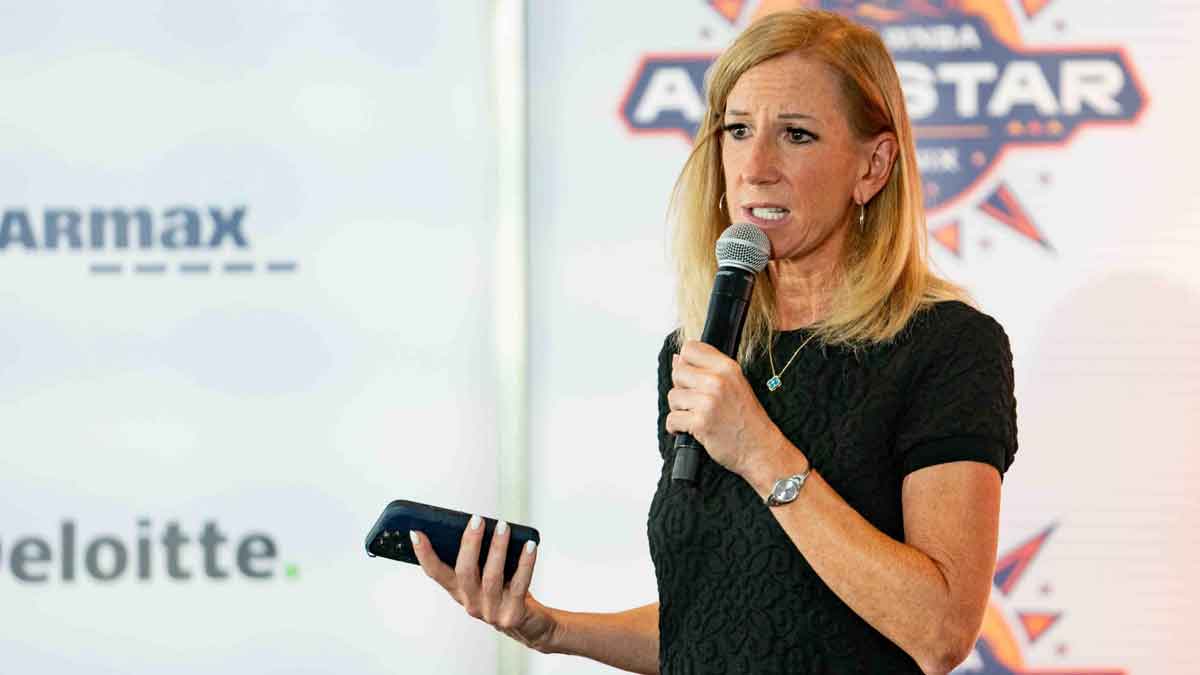
Stewart’s wish to see the possibility of million-dollar salaries for WNBA players is just one aspect of the union's demands. With the WNBA's success booming, many players feel now is the time to secure a bigger share of the financial pie. In her state-of-the-league address before Game 1 of the WNBA Finals, Commissioner Cathy Engelbert expressed optimism about future negotiations, acknowledging the importance of meeting players’ needs as the league continues to expand.
“This is going to be an opportunity to listen to one another and take this league to the next level for generations to come,” Engelbert said. “I look forward to building the future of the league and sitting down with the players. Whether they opt out, not opt out.
“I suspect that given the transformation of the league that we’ve been working so hard on, building this long-term economic model, we’ve already returned to the players through charter, through increasing playoff bonuses a couple years ago by over 50%. So we’ll continue to do that, and when we get to the bargaining table we’ll continue to talk about the issues that are most important to the players.”
With the players’ union contemplating opting out of the current CBA by Nov. 1, the league and the players have a year to reach a new agreement.

